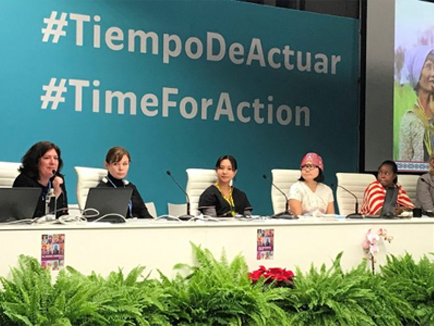Despite the continuing problems caused by COVID 19, the Partners for Indigenous Knowledge Philippines (PIKP) participated in an online indigenous and local knowledge dialogue on the First Order draft of Invasive Alien Species (IAS) that took place on 29 September to 1 October 2020 organized by the Intergovernmental Science-Policy Platform on Biodiversity and Ecosystem Services (IPBES).
IPBES has recognized that indigenous peoples and local communities (IPLCs) possess detailed knowledge on biodiversity and ecosystem management. In the work programme of IPBES from 2019
to 2030, one of its objectives is to enhance recognition of and work with indigenous and local knowledge systems. This work plan reflects a substantive agenda to address much-needed ground
action.
PIKP together with other indigenous peoples and local communities welcome this development and are eager to collaborate and to advance the work on approaches and participatory processes such
as engagement in dialogues. The participation of IPLCs in the IAS assessment was a good opportunity to share first-hand knowledge of the impacts of invasive alien species on people and nature. Some IPLCs have employed their knowledge of governing their lands, territories and resources including management strategies for invasive alien species for decades. The dialogue is seen as a good
step in enabling and amplifying greater sharing and widest possible participation to provide evidence and relevance to the assessment. It tackled how IPLCs experience and understand IAS, their adaptation and management practices and how the knowledge of alien species assessment can be useful.
Some recommendations were shared regarding future elements of work on IAS in particular, and long-term resilience of both societies and nature. One critical issue is to build bridges between local-level realities and national level policy processes. Attention to IPLCs values including their linguistic, cultural, ethical and spiritual perspectives should be included in the process.

